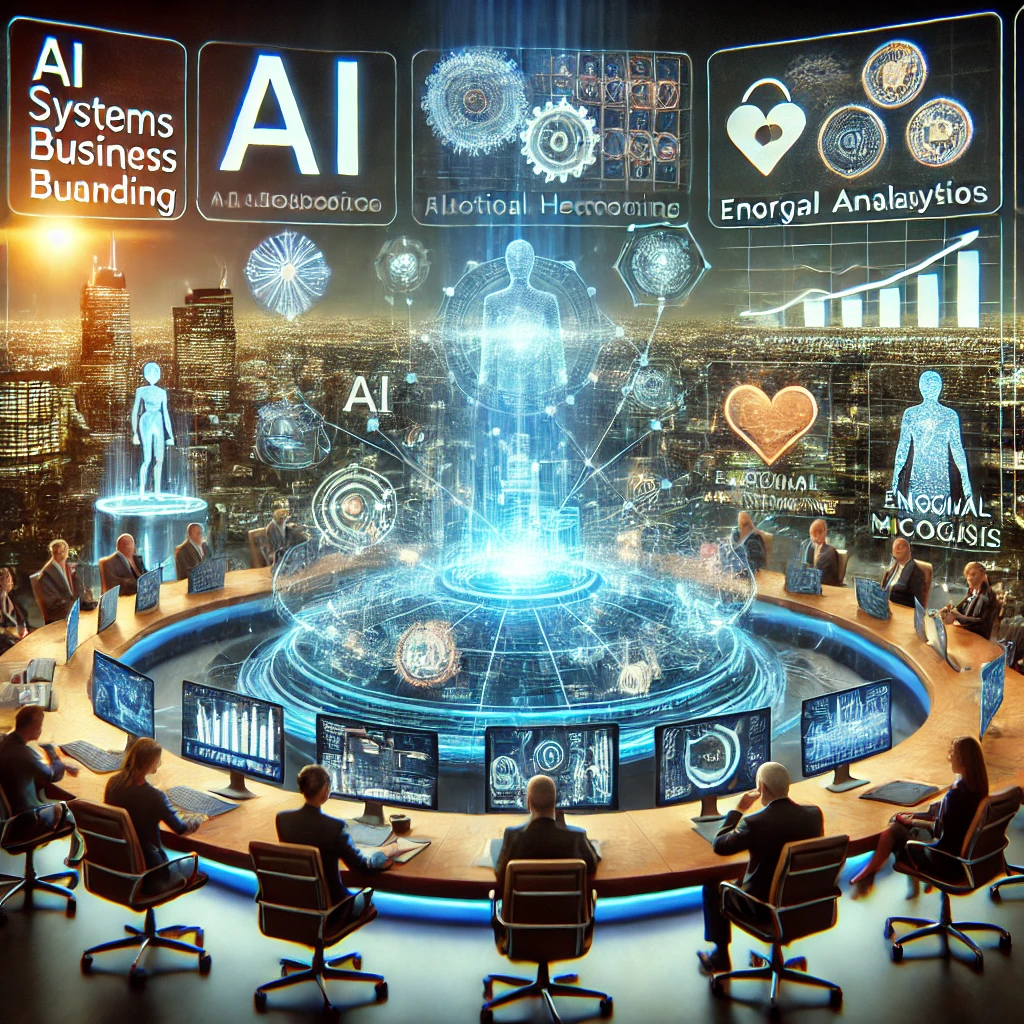Artificial Intelligence (AI) continues to dominate discussions at this week’s Gartner IT Symposium/Xpo, further solidified by the research firm’s latest annual predictions list. These predictions outline the profound ways in which AI will reshape organizations, influence executive decisions, and impact society over the next several years. From eliminating middle management to reshaping branding and controlling organizational structures, AI is expected to play a critical role in transforming both business operations and societal interactions.
AI to Restructure Organizational Hierarchies and Flatten Management
One of the most striking forecasts from Gartner is that, by 2026, 20% of organizations will use AI to flatten their organizational structure, eliminating more than half of the current middle management positions. AI-driven decision-making tools and autonomous systems are projected to replace human managers in routine operational roles. This will streamline workflows but also introduce ethical concerns around job displacement and the evolving role of human oversight. As organizations leverage AI to cut through layers of bureaucracy, they may benefit from increased efficiency but will also face challenges in maintaining the human element of leadership and employee relations.
AI to Play a Pivotal Role in Boardroom and Workforce Management
By 2029, 10% of global boards will use AI guidance to challenge executive decisions, signaling a shift in how leadership teams assess risk and make strategic choices. This is part of a broader trend where AI is no longer just a tool for operational efficiency but a crucial advisor in governance and strategy.
By 2028, 40% of large enterprises will deploy AI to manipulate and measure employee mood and behaviors, using advanced emotional AI tools to maximize productivity and profit. However, this invasive use of AI could prompt significant concerns about employee privacy and autonomy. Employers may rely on AI to assess performance and mood through subtle data collection methods, raising ethical questions about the impact on workplace culture.
AI in Employee Contracts and the Healthcare Sector
As AI becomes deeply embedded in enterprise operations, 70% of new employee contracts by 2027 will include licensing and fair usage clauses for AI representations of their personas. This shift reflects the growing prevalence of digital avatars and AI-driven tools that mimic human behavior. Employees will increasingly be required to sign agreements regulating the usage of their digital personas, especially in creative and media industries.
The healthcare sector is also expected to experience a major transformation, with 70% of healthcare providers including emotional-AI-related terms in their contracts by 2027. Failing to address this aspect could lead to billions in financial harm, as AI is increasingly used to monitor and manage patient emotions, compliance, and well-being.
AI-Driven Branding, Security Breaches, and Digital Addictions
Branding will also evolve with AI, as 30% of S&P companies by 2028 will use GenAI labels, such as “xxGPT,” to differentiate themselves and create new revenue streams. Companies are already experimenting with generative AI technologies to craft marketing materials, customer interactions, and products, but the next phase involves directly embedding AI into their brand identity.
The rise of AI brings with it new security challenges as well. By 2028, 25% of enterprise security breaches will be traced back to AI agent abuse, either from external threats or internal actors. As AI agents become more autonomous, CIOs will demand “Guardian Agents” to autonomously track and contain AI operations. This shift will be essential to mitigate the risks associated with rogue AI systems that could cause significant financial or reputational harm to organizations.
Energy, Technology Immersion, and the Isolating Effects of Digital Life
AI’s impact isn’t limited to organizational structures or security risks; it will also affect how enterprises manage their energy consumption. Gartner predicts that Fortune 500 companies will shift $500 billion from energy opex to microgrids by 2027 to mitigate chronic energy risks, driven in part by the massive energy demands of AI systems.
However, AI’s immersive influence could come at a cost. By 2028, technological immersion will impact populations with digital addiction and social isolation, prompting 70% of organizations to implement anti-digital policies. The isolating effects of digital immersion may cause productivity declines as workers become disengaged and distracted by AI-driven entertainment and communication platforms. Gartner’s predictions signal a pressing need for organizations to strike a balance between embracing AI innovations and safeguarding employee well-being.
In conclusion, Gartner’s predictions emphasize the transformative, and at times disruptive, role AI will play in reshaping industries and society over the next decade. As AI becomes increasingly integrated into organizational frameworks, branding strategies, and even employee contracts, businesses will need to remain adaptable while addressing the ethical and practical challenges of this powerful technology.


